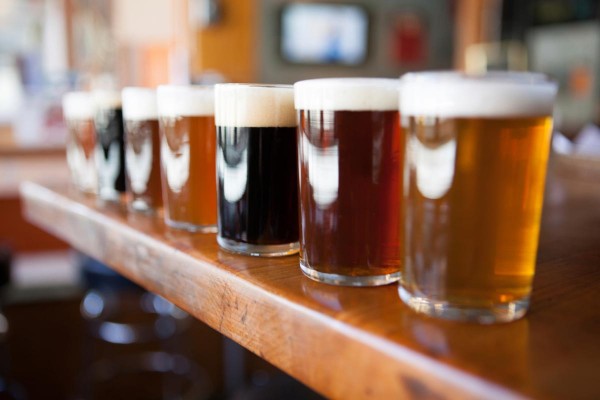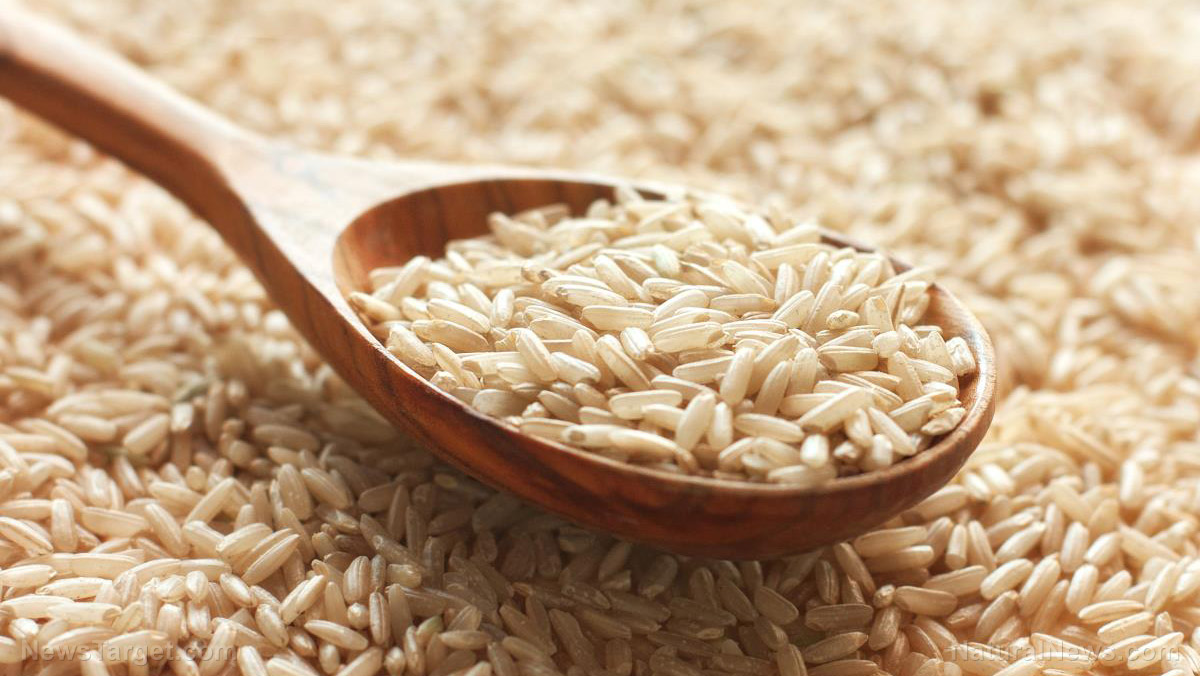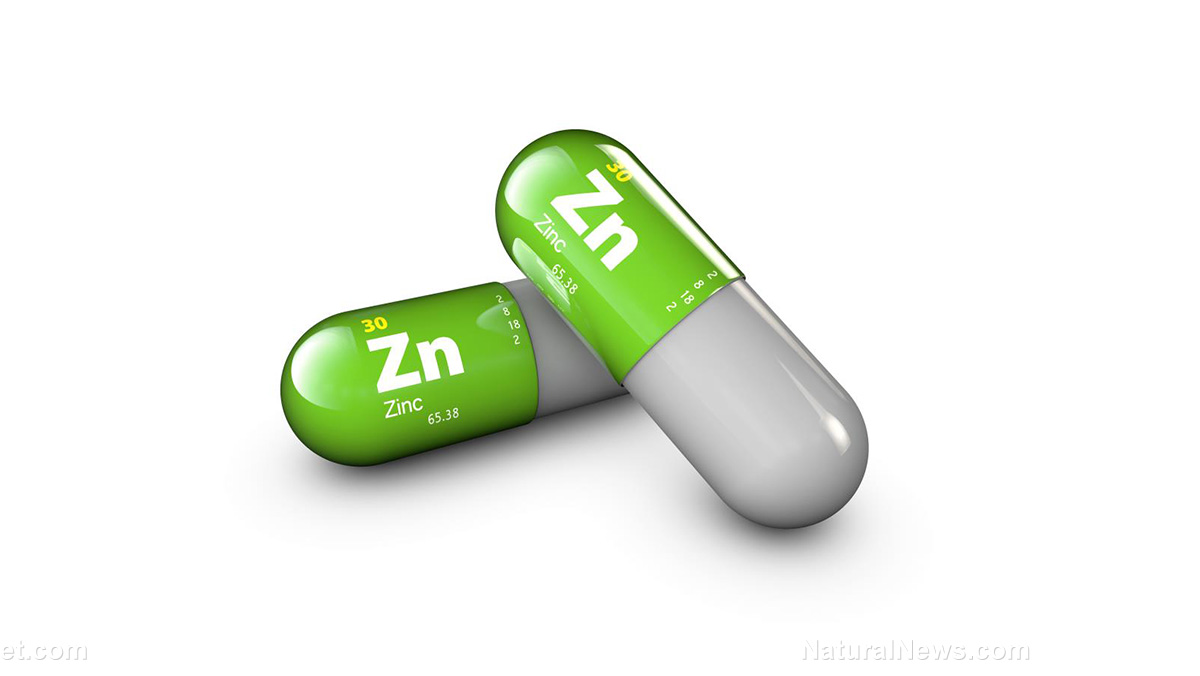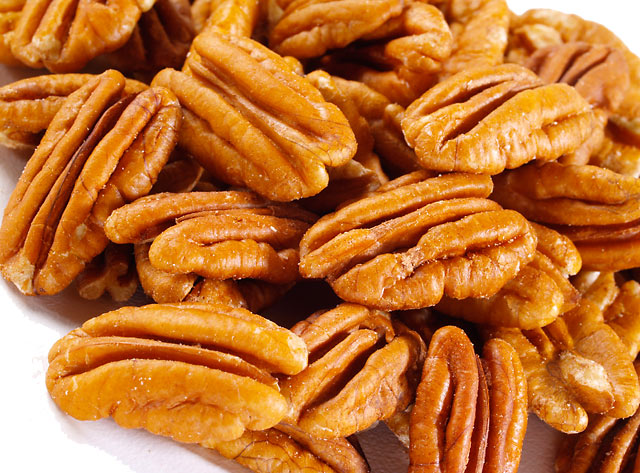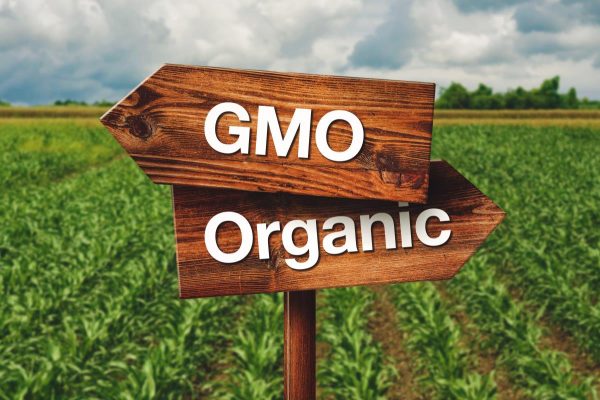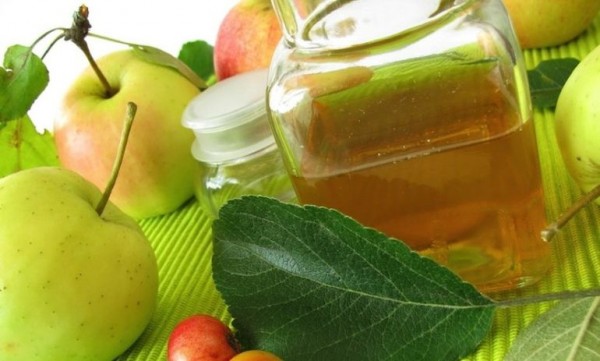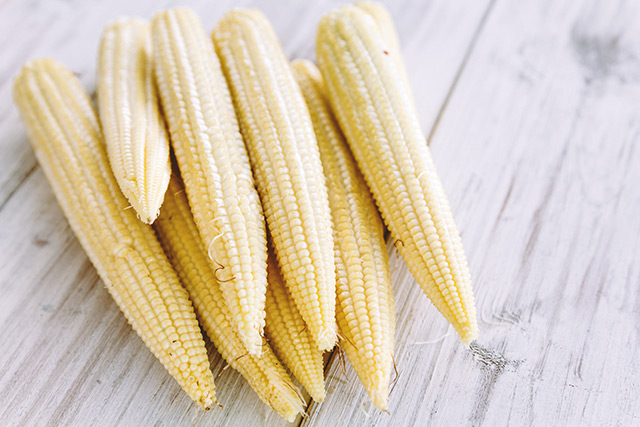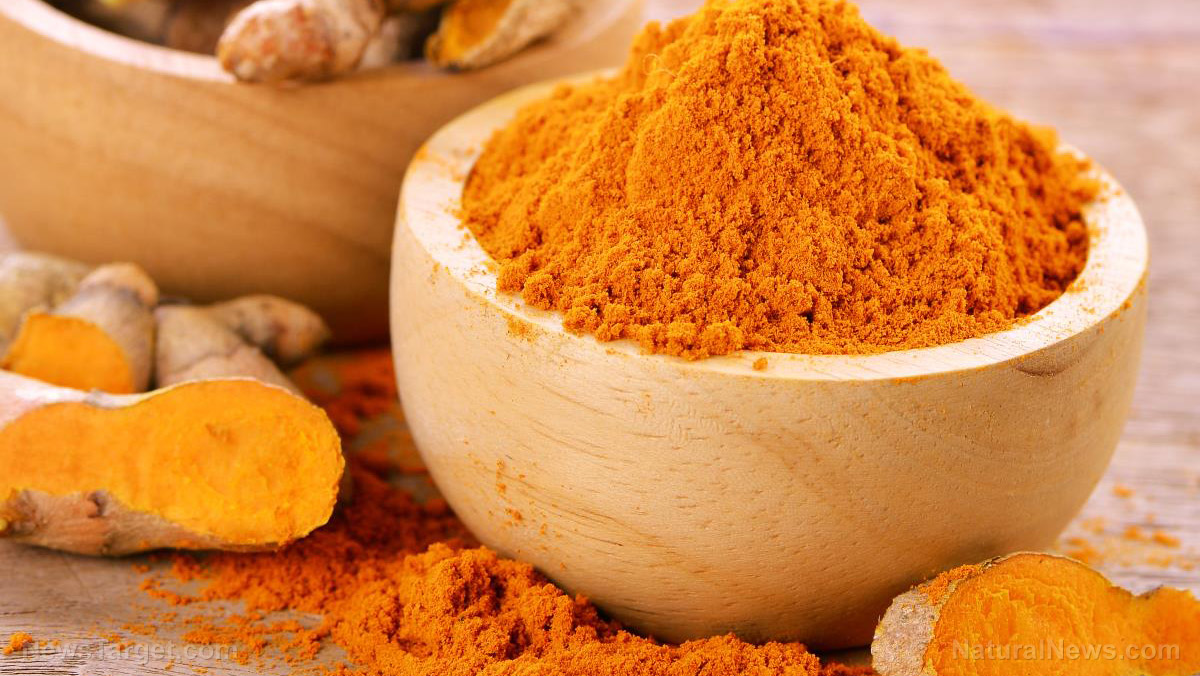04/11/2018 / By Janine Acero
People have been brewing beer for thousands of years, but few studies have explored the science behind the process of making one of the most popular alcoholic beverages of all time. A study published in the Journal of Proteome Research did just that – in particular, focusing on the role of proteins in making better, tastier beer.
The proteins contained in beer come from the barley or yeast used to make it. These proteins determine how flavorful the beer is, as well as its foam consistency. In this study, researchers Benjamin Schulz, Glen Fox, Claudia Vickers and colleagues assessed the protein profile of beer over the course of its production.
Today, beer production is a complex industrial process. However, some of its biochemical details remain unclear. The research team used mass spectrometry, which can identify proteins based on weight, to analyze the beer-making process.
The researchers brewed a tiny mug of beer, then analyzed samples at three stages of production – sweet wort, hopped wort or bright beer – to determine the proteins present during nanoscale beer production. The researchers found over 200 unique proteins from the barley and yeast used in the production and determined relative abundance and appearance at different production stages. The team also identified significant changes in the protein profile at each process step, such as the enrichment of proteins by their biophysical properties, as well as the appearance of dominant yeast proteins during fermentation.
In addition, the analysis revealed levels of malt modification which changed the proteomes throughout the different process steps– many proteins were modified by protease digestion, glycation, oxidation during the different stages. The findings indicate that mass spectrometry can be used to understand the process of beer production better.
The scientists posit that future analysis will highlight how these proteins contribute to the flavor, bubbles and overall quality of beer, and how protein content could be modified to produce better beer.
Benefits of drinking beer
A standard 12-ounce beer contains about 14 grams of alcohol. As long as you keep your intake in moderation, drinking beer can offer surprising health benefits, as listed by MensHealth.co.uk. (Related: Eight Reasons beer is not bad for you.)
- Reducing the risk of heart disease – According to Harvard University, more than 100 studies found that moderate drinking promotes a 25- to 40-percent reduced risk of heart attack or death from cardiovascular disease.
- Lowering the risk of Type 2 diabetes – The American Diabetes Association found a 30-percent reduced risk of Type 2 diabetes in people who drank six to 48 grams of beer per day compared to those with excessive or less intake.
- Increasing bone density – Studies have found that the darker and hoppier variety of ales have a high amount of silicon, which supports bone health.
- Preventing dementia – Researchers at Lanzhou University recently found that xanthohumol, a compound found in beer hops, can protect against oxidative stress and may fight the onset of dementia.
- Reducing cholesterol – According to a recent study, moderate beer consumption can increase HDL (healthy cholesterol). The American Heart Association recommends no more than one to two drinks a day to reap this kind of benefit.
- Preventing kidney stones – One study found that drinking a bottle of beer per day is estimated to reduce the risk of developing kidney stones by 40 percent.
- Fighting cancer – Xanthohumol in beer hops were found to block excessive testosterone, which reduces the risk for prostate cancer in men. Further studies are being conducted on xanthohumol as a potential cancer-fighting agent.
Visit Research.news for more stories on scientific studies exploring beer and its properties.
Sources include:
ScienceDaily.com
OnlineLibrary.Wiley.com
MensHealth.co.uk

